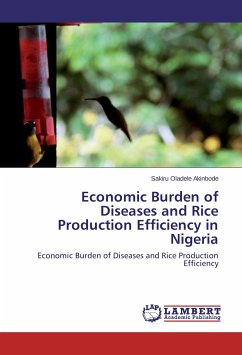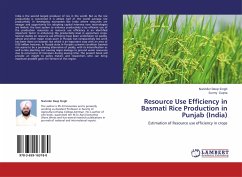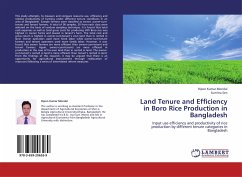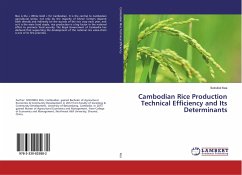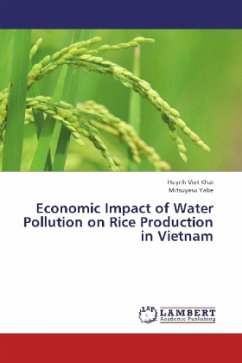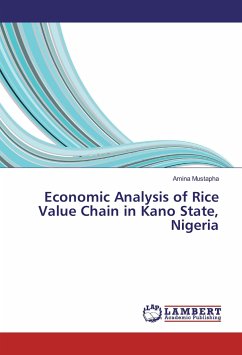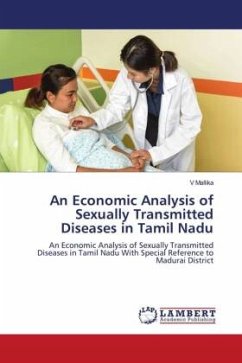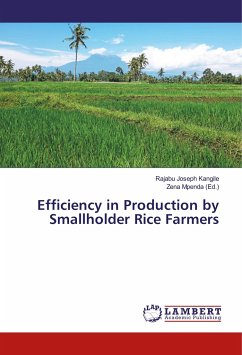A substantial proportion of rice needs in Nigeria is still imported and there is need to increase production. Supply of labour is reduced when household members are beset with diseases. This study investigated the economic implications of diseases among rice farming households and how it affects efficiency of rice production. A total of 208 rice farming households were sampled.Data were analyzed using descriptive statistics, cost of illness analysis,costs and returns analyzes, Stochastic Frontier Analysis and Tobit regression analysis. Majority of the farmers did not have contact with extension agents and 56% had no access to credit. They acquired land by inheritance (61%). Households incurred substantial cost due to illnesses (about half of which were time cost) and lost average of 12 days to illnesses during the rice production cycle. The return to scale estimation revealed that farmers in Ogun state were operating in stage I,hence,the need to employ more inputs. The shortfall in efficiency mean output can still be improved using certain corrective measures. The study recommended more extension services including health education to cover more villages among other things.
Bitte wählen Sie Ihr Anliegen aus.
Rechnungen
Retourenschein anfordern
Bestellstatus
Storno

